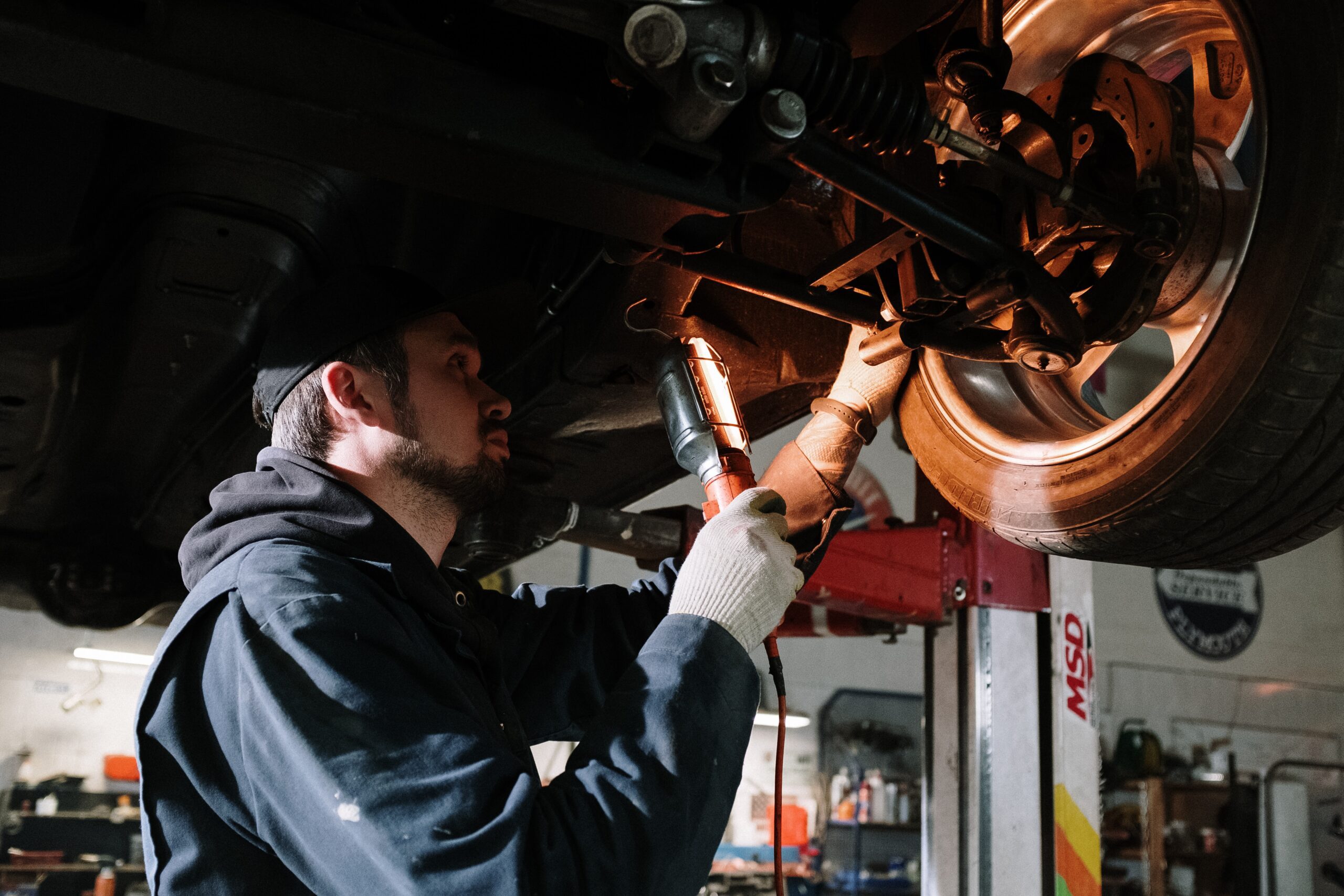Why the Dodge Check Engine Light Comes On
The check engine light (MIL) tells you the powertrain control module has found a fault in the engine, transmission, or emissions system. Instead of guessing, use a scan tool to identify the diagnostic trouble code (DTC), follow a structured diagnostic plan, and confirm the fix before you clear the light.
- Applicable vehicles: 1996+ Dodge cars, SUVs, vans, and trucks equipped with OBD-II.
- Essential tools: OBD-II scanner with live data, basic hand tools, digital multimeter, smoke tester for EVAP leaks.
- First priority: Respond immediately if the light flashes (active misfire) by easing off the throttle and scheduling diagnostics before catalyst damage occurs.
Most Common Dodge DTCs
| Code | Subsystem | Likely Cause | First Diagnostic Checks | Repair Notes |
|---|---|---|---|---|
| P0300/P030x | Ignition/Misfire | Worn plugs, coil failure, injector imbalance | Check misfire counters per cylinder, swap coils, inspect plugs for fouling. | Address misfire within one drive cycle to protect catalytic converters. |
| P0420/P0430 | Catalyst Efficiency | Persistent misfire, fuel trim issues, exhaust leaks | Graph upstream/downstream O2 sensors, log long-term fuel trims, inspect exhaust flanges. | Fix upstream causes first; only replace the converter after verifying fuel control. |
| P0440/P0456 | EVAP System | Loose gas cap, cracked vent hose, stuck purge valve | Inspect cap seal, smoke-test EVAP lines, command purge solenoid with a scan tool. | Use OEM-grade caps; EVAP tests need 15-85% fuel level to run. |
| P0128 | Cooling | Thermostat stuck open, low coolant, faulty ECT sensor | Monitor warm-up profile, compare ECT to ambient temperature sensor, inspect coolant level. | Replace thermostat and bleed cooling system; confirm heat output and fan operation. |
| P0171/P0174 | Fuel Trim Lean | Vacuum leak, dirty MAF, weak fuel pump | Check short- and long-term fuel trims, smoke-test intake, verify fuel pressure under load. | Dirty MAF sensors often recover with OE-approved cleaners; avoid oiled filters. |
| P0700 + subcodes | Transmission | Internal fault, solenoid issue, wiring problem | Use advanced scan tool to read TCM codes, inspect harness at transmission case, verify fluid condition. | Address TCM software updates before replacing hardware; document shift feel after repairs. |
If a stored code returns as “pending” after a short drive, the underlying fault was not fixed. Revisit the subsystem and repeat the diagnostic checks.
Diagnostic Flow to Follow
- Capture data: Read stored, pending, and permanent DTCs. Save freeze-frame information (RPM, load, fuel trims, coolant temperature).
- Check basics: Inspect oil level, coolant level, vacuum hoses, electrical connectors, and grounds.
- Prioritize severity: Flashing MIL or drivetrain warnings get top priority (address misfires, over-temperature, or low oil pressure first).
- Test logically: Use factory flowcharts or trusted repair data to test sensors, actuators, and circuits instead of replacing parts blindly.
- Verify the fix: After repairs, clear codes with Mode $04$, perform a full drive cycle, and confirm all readiness monitors return to “complete.”
Subsystem Quick Checks
- Ignition: Inspect coils for cracking, verify spark plug gaps, run cylinder drop tests, and monitor misfire counters during a loaded drive.
- Fuel/air: Check air filter restriction, clean the throttle body, monitor fuel pressure, and ensure MAF/MAP sensors track expected values.
- EVAP: Examine the purge line near the throttle body, charcoal canister hoses, and leak detection pump; many small leaks require smoke testing.
- Oxygen sensors: Monitor voltage switching at idle and steady cruise; slow or flat signals point to sensor issues or exhaust leaks.
- Transmission: Confirm fluid level/condition, read transmission-specific codes, and inspect wiring near hot exhaust or sharp brackets.
Preventive Maintenance Habits
- Replace spark plugs, PCV valve, and engine air filter at factory intervals to minimize misfires.
- Use quality fuel and keep the tank above one-quarter full to avoid pump starvation and EVAP issues.
- Inspect battery state-of-charge and charging voltage; low voltage triggers communication and sensor faults.
- Update PCM/TCM software when bulletins are released to address false MIL events or drivability bugs.
- Review recall/TSB databases (Stellantis TechAuthority, NHTSA) annually for campaign coverage.
Frequently Asked Questions
Can I clear the light by disconnecting the battery?
Battery disconnects erase learned adaptations but rarely fix the root cause. Always scan for codes, fix the fault, then clear the MIL with a scan tool so readiness monitors can run properly.
How quickly should I address a steady MIL?
A steady light signals a stored fault that could affect emissions or fuel economy. Schedule diagnostics within a few days; waiting longer can convert minor issues into costly repairs.
Do aftermarket mods always trigger the light?
Intakes, exhausts, and tunes can alter sensor readings. If you upgrade, log fuel trims and O2 activity to ensure the PCM can still control the mixture; recalibration or spacers may be needed.
Need targeted help? Explore the Viper, Ram, and Grand Caravan guides for model-specific diagnostics and maintenance schedules.
When to Seek Professional Diagnostics
Contact a qualified technician if the MIL returns immediately after clearing, the vehicle enters limp mode, or you lack advanced tools (oscilloscope, smoke machine, bidirectional scanner). Professional testing prevents misdiagnosis and protects high-value components such as converters and transmissions.
